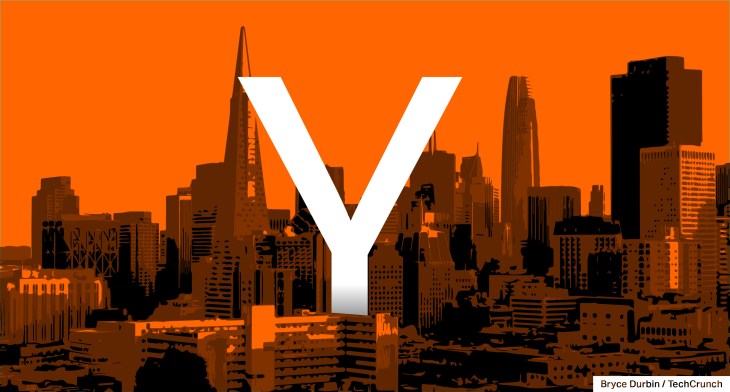Y Combinator hosts a Demo Day for its latest batch of companies twice a year, and starting tomorrow until Thursday, the startup accelerator and investor will debut 218 companies from its summer 2023 cohort.
The Exchange explores startups, markets and money.
Read it every morning on TechCrunch+ or get The Exchange newsletter every Saturday.
As always, the TechCrunch team will be tuned in and looking for favorites from both days, and we’ll have a few notes on certain groups of startups from the larger batch. This morning, we’re digging into the big numbers from across the hundreds of companies that will present this week, looking at where they are based, what sort of technologies they are pursuing and in which areas founder interest has waned.
 Upfront, if you are a venture capitalist looking to invest in creator-economy focused startups, you are in for a bad time. However, if you want to invest in or join a very early-stage developer tools startup, you are in luck!
Upfront, if you are a venture capitalist looking to invest in creator-economy focused startups, you are in for a bad time. However, if you want to invest in or join a very early-stage developer tools startup, you are in luck!
By the numbers
It’s worth noting that there are just 218 startups in this summer batch, according to Y Combinator. This is less than the 270 we saw during the winter 2023 batch earlier this year — we presume that there are a dozen or so that are in stealth at the moment, so we’ll be on the lookout for more final figures.
That said, the second YC cohort of the year always tends to be smaller than the first. Last year’s winter batch had 235 companies, but it was quite a bit lower than the 393 companies we saw in 2021.
It’s not completely surprising to see smaller batches from the accelerator, as YC has been shrinking its cohort sizes in light of the volatile market for a while now. Still, these lower numbers are a reminder of just how much the venture and startup economy has changed over the past couple years.
What are YC founders building?
We’re going to break down the cohort by sector and geography.
AI > web3
We don’t want to shock your system this early on a holiday week, but there aren’t very many web3-focused startups in the upcoming Demo Day contingent. We spot a mere three web3 startups in the entire group, which makes them about 1.4% of the known total. That’s very modest.
In a shock to precisely no one, it’s still popular to build enterprise software for other companies and sell it using a SaaS model. Of the 218 companies in the cohort, 58 have something to do with “SaaS,” another 83 are in the B2B game, and enterprise software racked up another 15 entries.
We found some other active pockets, too: Developer tools has 49 startups, fintech has a solid 27 (or a bit more than 10% of the cohort), climate has 10 companies, and productivity and health tech have nine each.
And then there is AI: We have a whopping 69 startups tagged with “artificial intelligence,” 47 with “generative AI,” 17 for “AI assistant,” and another 11 in the “automation” bucket. Naturally, there is some overlap between the categories (Order.link, for example, is tagged in the SaaS, sales, sales enablement, AI, and AI assistant groups), but it’s still an impressive run of startups considering the group numbers are only slightly more than 200.
Is it shocking? No. Surprising? Maybe a little. Everyone joked for a bit that people who were into crypto have now moved on to AI, but the center of gravity has most certainly shifted toward AI, at least when it comes to tech startups.
IRL > international
The center of gravity in this batch has shifted geographically, too. More precisely, it’s moved back to North America. Of the 218 known companies in this summer batch, 184 are based either in the U.S. or Canada (Mexico is grouped with Latin America in YC’s directory). That’s roughly 84% of the cohort, compared to around 60% in the previous summer batch.
The YC of the post-COVID era, then, is more U.S.-centric than it once was. Or maybe its heavy international focus was more of a periodic parenthesis. It makes sense: In-person batches are likely harder for international teams to join than the virtual ones YC pivoted to at the height of the pandemic.
However, a company saying it’s based in the U.S. doesn’t mean the same thing as it did a few years ago. Now that people can travel again, it is not as hard for companies to list the U.S. as one of their locations. More importantly, YC companies are less tied to a single location than they used to be: 46 teams describe themselves as partly remote, and 33 say they’re fully remote.
Still, this batch looks nothing out of the ordinary. The median YC S23 company is building AI for businesses, is monetized by SaaS, and is based in North America. Will this enthuse VCs? Will we find gems, both within this mainstream trend and outside of it? Stay tuned for our coverage this week.
